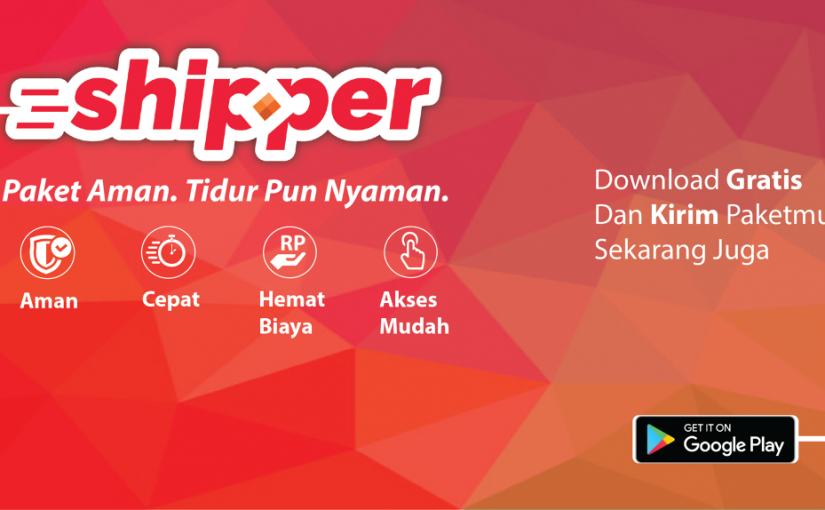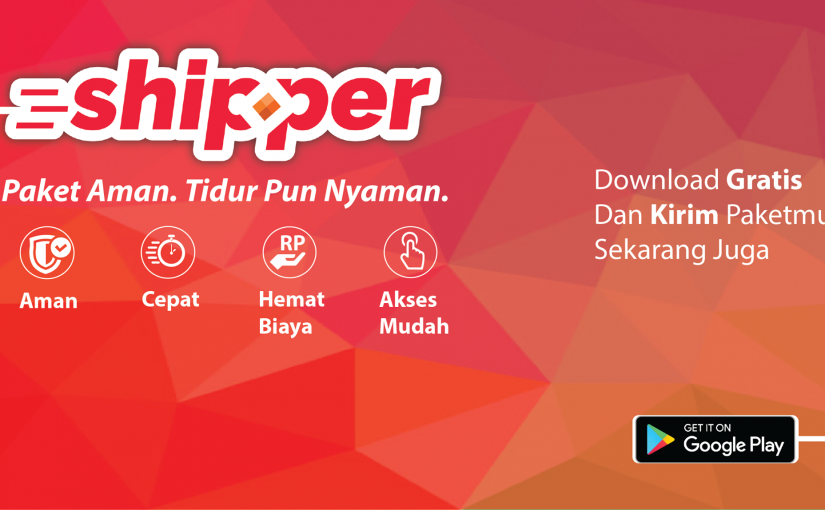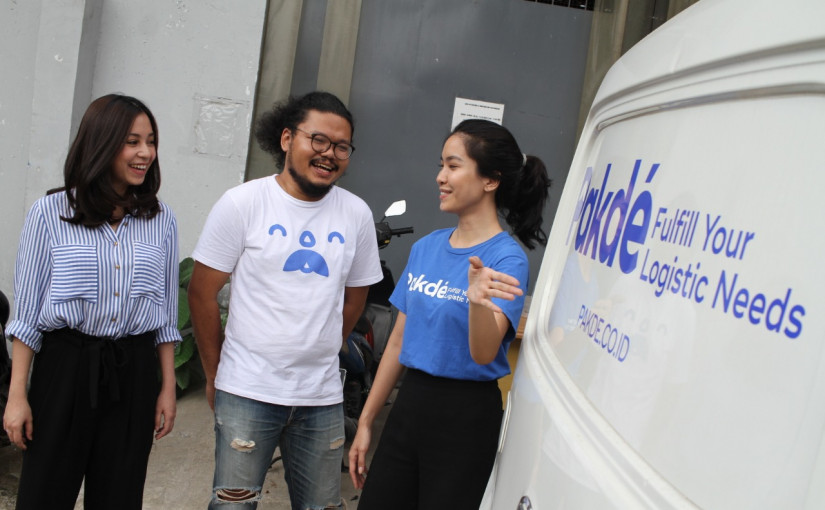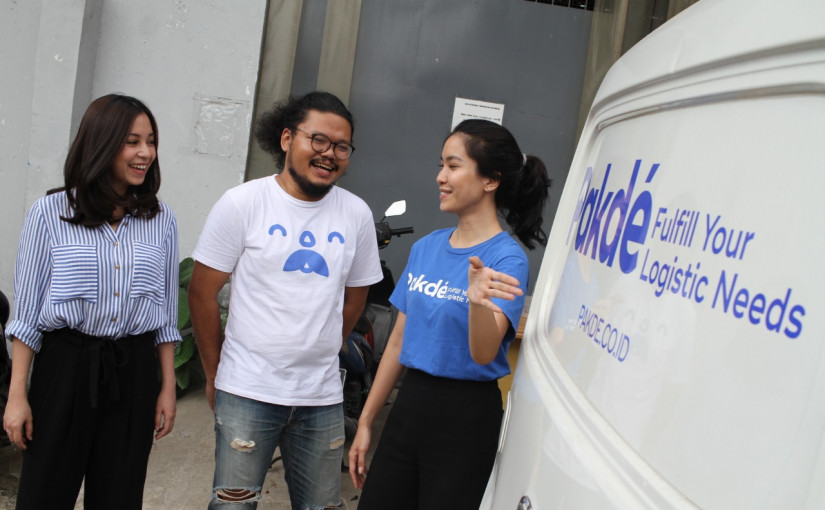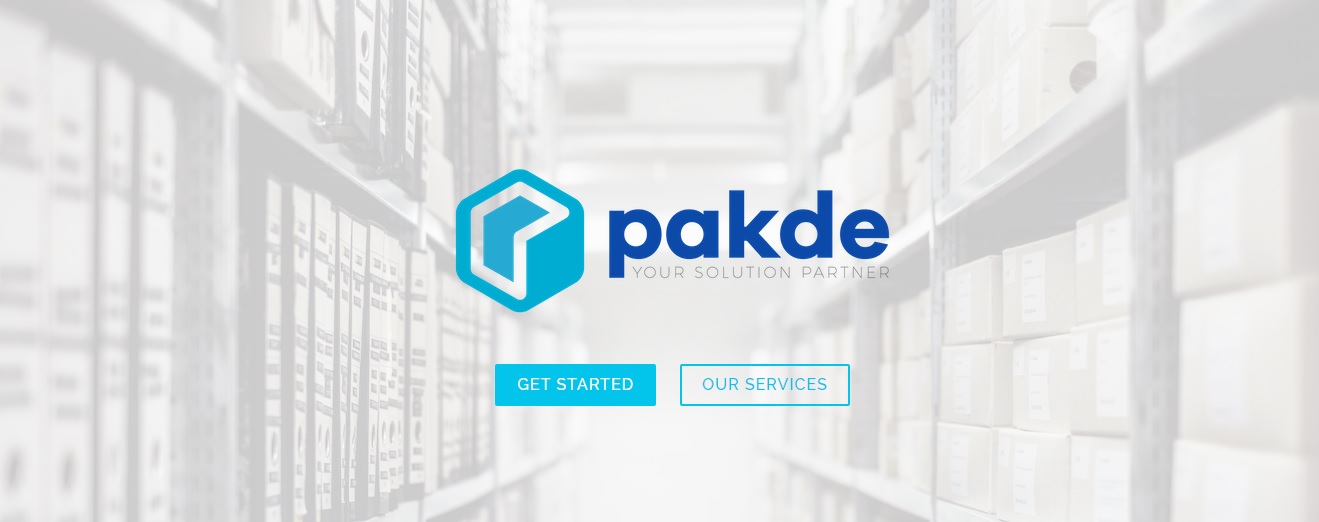Shipper, a logistics aggregator platform developer startup, announced to complete its acquisition of Porter and Pakde. Details of the agreement value is undisclosed. Porter is a startup with short-distance delivery solutions, similar to services offered by GoSend or GrabExpress. While Pakde is known as a fulfillment service provider, they operate warehouses to provide logistics solutions for businesses.
Yesterday (29/9) we just spoke with Shipper’s Co-Founder & COO, Budi Handoko regarding his company’s initiative to enter the warehousing business. He said Shipper has the ambition to be a provider of logistics technology from upstream to downstream. To date, his team still finds challenges in the warehousing system and its role in supporting the growth of the e-commerce industry. These challenges are structural in nature, some are behavioral, and some are caused by technology.
The acquisition of Porter and Pakde is clearly in line with that vision. Moreover, the three companies, including Shipper, have the same customer segmentation. Budi said, “Porter’s joining Shipper will strengthen the Shipper network, therefore, we can get closer to consumers. On the other hand, Pakde’s presence allows us to serve all the needs of consumers in Indonesia, not only in terms of shipping but also in warehousing services.”
Business growth
The pandemic serves its own blessings for logistics startups in Indonesia. Consumers who increasingly rely on online buying/selling and ordering are directly contributing to increasing traction in the logistics business. With this foundation, several startups in related fields received funding this year, including Shipper.
June 2020, Shipper announced a series A funding led by Prosus Ventures (formerly Naspers Ventures) with the participation of Lightspeed, Floodgate, Y Combinator, Insignia Ventures, and AC Ventures. The value raised is estimated to be around $20 million or around 283 billion Rupiah. The company closed its seed round in September 2019, securing $5 million in funding.
Pakde (Paket Delivery) debuted in 2016, just received seed funding in October 2018 worth of around 6 billion Rupiah. Since its inception, it has provided operational services for online merchants, including inbound services such as stock reports and stock management. Pakde also provides warehousing services at its own warehouse and outbound services in the form of packaging and delivery of goods to partners from clients.
Meanwhile, Porter has been operating since 2015. They had a pivot a year later, focusing their target market on small business owners or merchants. The business then developed, not only serving food orders from restaurants but also facilitating the delivery of groceries from retailers and e-commerce.
Logistics potential
In terms of geography, the Indonesian market requires a unique approach. Online consumers always demand to get fast logistics services that yet affordable.
The transformation also occurred in the logistics sector, service providers do not only provide conventional delivery models – sellers deliver goods to logistics kiosks, then deliver them – now the fulfillment concept is starting to be more popular.
Fortunately, in today’s digital era, every business can use data to see trends in user consumption patterns. As an example of its use, this data can be a valuable insight for merchants or brands selling their products in e-commerce, so that they can find out which specific items are in-demand by users in which areas.
Based on this data, merchants or brands can take advantage of warehousing services provided by startups such as Shipper to accommodate fulfillment in cities that are far from their business area. Therefore, when consumers order, the delivery of goods is closer and costs tend to be cheaper.
Such solutions have also been developed by other companies; some came from logistical players, e-commerce, and e-commerce enablers. For enabler players who have expanded their services to fulfillment systems, there are TokoTalk, Sirclo, GudangAda, and Jet Commerce. Of the e-commerce players, such as TokoCabang from Tokopedia, Dikelola Shopee, following the footsteps of JD.id, and Lazada which have first developed a similar solution.
–
Original article is in Indonesian, translated by Kristin Siagian
